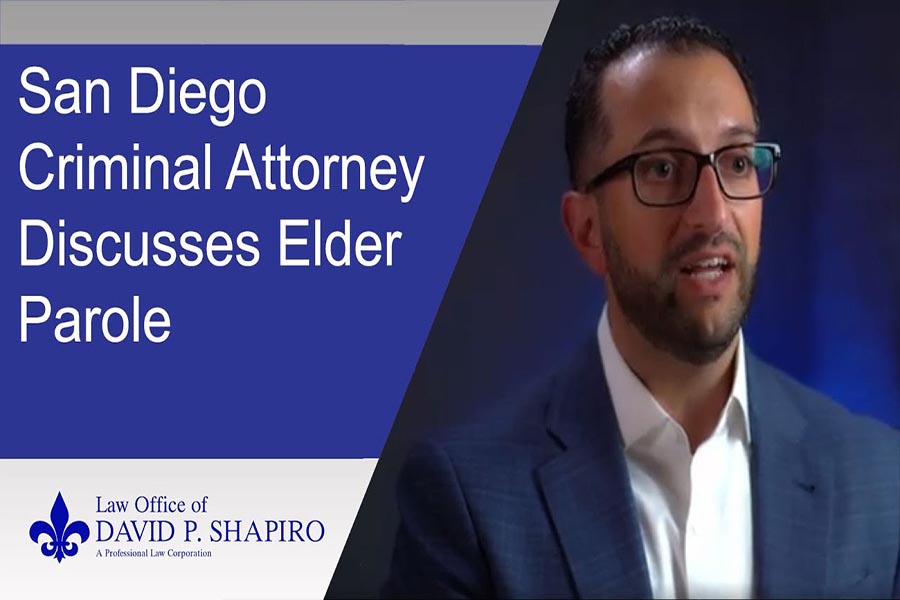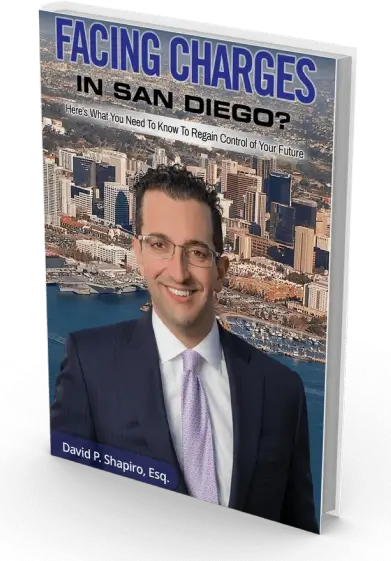Elder Parole in California | What is it & How Does it Work?

Elder Parole is a policy that allows for the early release of elderly inmates who have served a significant portion of their sentence and are considered to pose a low risk to public safety. In California, legislation such as Senate Bill 224, known as the Elderly Parole Program, provides a framework for inmates aged 50 and above who have served 20 years of their sentence to be eligible for parole consideration.
Compassion and Rehabilitation
The aging prison population faces unique challenges. Many elderly inmates suffer from chronic health issues, limited mobility, and other age-related conditions that make incarceration particularly harsh. Elder Parole recognizes that these individuals have often undergone significant personal transformation during their lengthy incarceration. Providing them with a chance for parole is an act of compassion that acknowledges their capacity for rehabilitation and reintegration into society.
Economic Considerations
Housing elderly inmates is costly. They require more medical care, specialized facilities, and other resources that strain the prison budget. It is the taxpayers that end up eating the cost of having to house inmates who may not pose a risk to public safety and have been rehabilitated. The California Legislative Analyst’s Office reports that the cost of incarcerating an elderly inmate can be up to three times higher than that of a younger inmate. Elder Parole helps mitigate these expenses, allowing funds to be reallocated to other areas such as education, rehabilitation programs, and community services that can help prevent future crime.
Addressing Overcrowding
California’s prisons have long struggled with overcrowding, leading to inhumane conditions and federal mandates to reduce inmate populations. Elder Parole offers a strategic solution. By granting parole to eligible elderly inmates, the state can make significant strides in alleviating overcrowded conditions. This not only improves living conditions within prisons but also aligns with federal guidelines and judicial mandates for population control.
Public Safety
Critics of Elder Parole often raise concerns about public safety. However, evidence suggests that elderly parolees pose a low risk of recidivism. Studies indicate that the likelihood of reoffending decreases significantly with age. By implementing a rigorous review process that assesses each candidate’s threat to public safety, Elder Parole strikes a balance between compassion and caution, ensuring that only those who have demonstrated genuine rehabilitation and low risk are released.
Legal and Ethical Dimensions
From a legal perspective, Elder Parole upholds the principles of justice and proportionality. Sentencing should be reflective not only of the crime committed but also of the individual’s growth and the current threat they pose. Elder Parole recognizes the potential for human change and the importance of offering avenues for redemption to the most vulnerable in our prison population.
Elder Parole can aid in negotiating better plea deals for clients facing long prison terms on serious charges. Knowing that there is a possibility for early release based on age and behavior can serve as a crucial bargaining chip during plea negotiations, potentially leading to more favorable outcomes for our clients.
You can learn more about elder parole from Associate Attorney Elmira Yousufi here.
If you or a loved one is facing criminal charges, give us a call today to set up a case evaluation with one of our attorneys.
The contents of this article and blog are meant for informational and marketing purposes only and do not constitute legal advice. Viewing and/or use of the blog does not form an attorney-client relationship. No statements in this post are a guarantee, warranty, or prediction of a particular result in your case.









